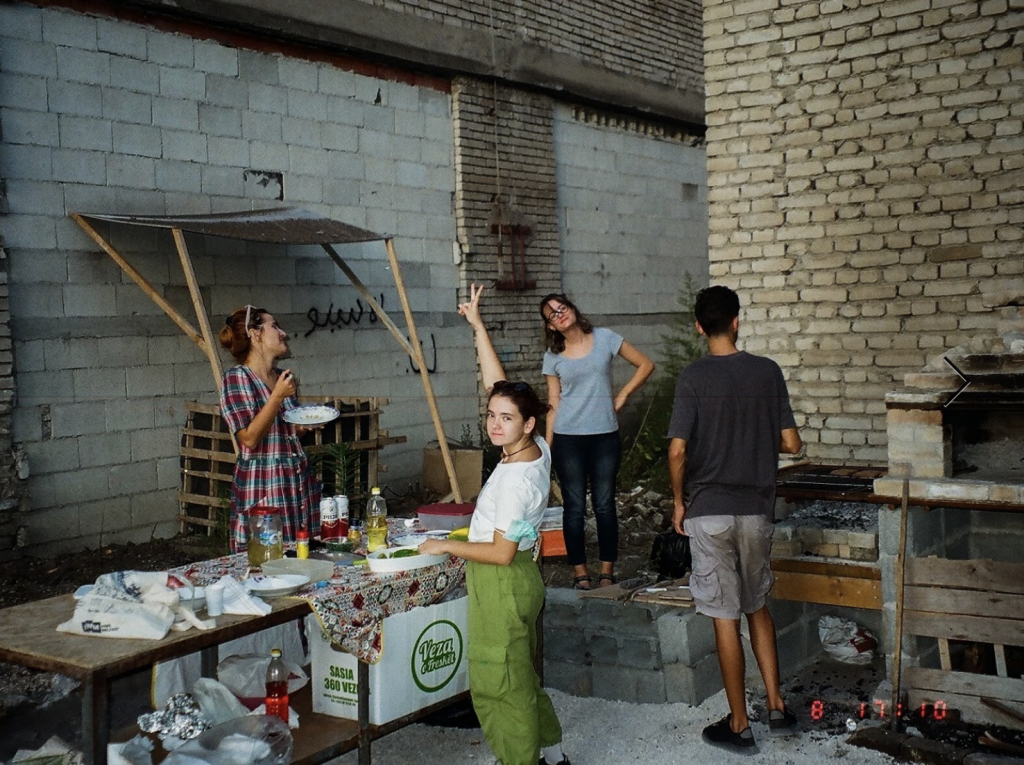Driving Question:
How can I promote global awareness in New Zealand youth through teaching primary school students about different countries and cultures around the world?
Product output from this module:
A collection of classes I have taught and lesson plans inspired by the classes I teach and the different countries.
Module Summary:
Rianon, from New Zealand, undertook a service learning project called “Beyond NZ” to address the lack of global awareness among New Zealand primary school students. Geographic isolation has made New Zealand a peaceful country but has also limited its interaction with the rest of the world. Rianon observed that New Zealand’s education, especially at the primary level, is heavily focused on local content, leading to cultural insensitivity, limited problem-solving skills, and ineffective communication.
To tackle this issue, Rianon reconnected with her old primary school, where her former teacher became her external mentor. She observed his teaching methods and then taught classes herself. Her goal was to inspire interest in global awareness through engaging and fun lessons about different countries. Rianon taught six classes with three different teachers, totaling eight hours of teaching time. The students, aged 8 to 9, were taught about Botswana, South Korea, and India.
For Botswana, Rianon shared personal stories from her travels and had the students create informational posters. The South Korea lesson included fun facts and cultural traditions, and the students planned their own trips. The India lesson focused on cultural diversity and celebrations, ending with a competitive quiz.
Rianon used visual communication and collaborative activities to keep the students engaged. Although she acknowledges that the project didn’t change the primary school education system, it successfully made the world seem a little closer for these children in Devonport, New Zealand.
